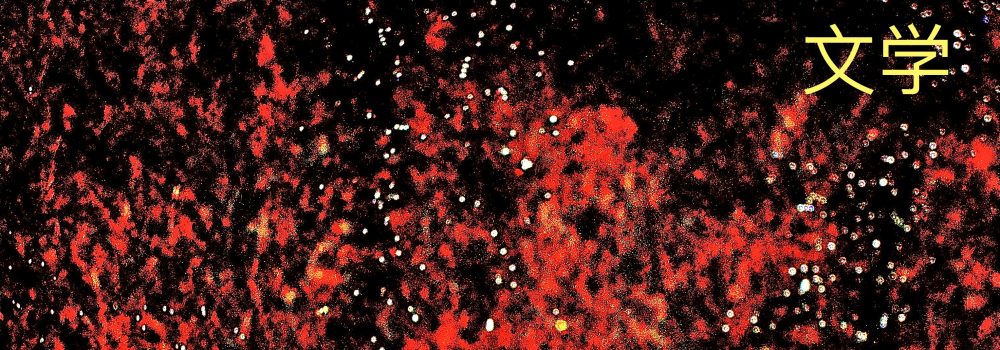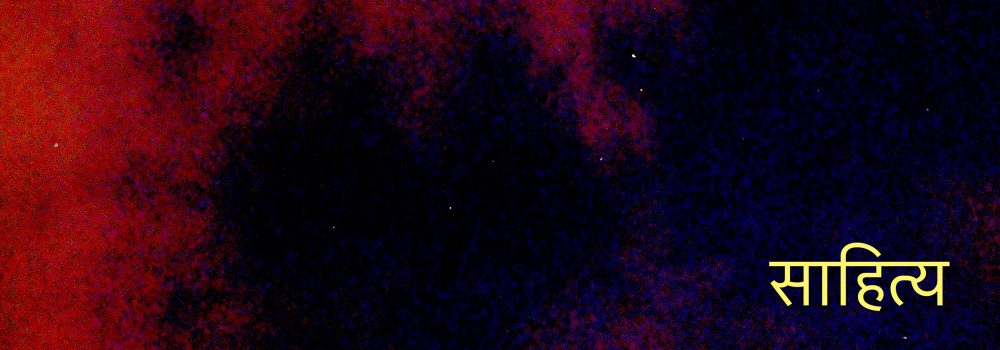Literary Universals
Modeled on the study of linguistic universals, the Literary Universals Project has two specific purposes. First, it should facilitate access to established work on literary universals, which has otherwise been scattered. Second, it should foster the advancement of further research on literary universals. These specific purposes should in turn contribute to our more general knowledge about literature and, ultimately, our understanding of the human mind and human society.
Contact
Phone:
(860) 486-2141
E-mail:
Address:
University of Connecticut
Department of English
215 Glenbrook Road, U-4025
Storrs, CT 06269-4025
Department of English
215 Glenbrook Road, U-4025
Storrs, CT 06269-4025
Recent Articles
- Blog for February 2026: Ten Steps for Studying Literary UniversalsLITERARY UNIVERSALS WEBLOG: A series of informal observations and conjectures aimed at fostering more reflection on and discussion about cross-cultural patterns in literature. Patrick Colm Hogan, University of Connecticut I realized only recently that most readers of The Literary Universals Project probably have only the vaguest idea of how one might go about isolating candidate […]
- Blog for November 2025: Explaining the Universality of FoolsLITERARY UNIVERSALS WEBLOG: A series of informal observations and conjectures aimed at fostering more reflection on and discussion about cross-cultural patterns in literature. Patrick Colm Hogan, University of Connecticut Most of the following blog is devoted to Beatrice Otto’s excellent book on jesters and the explanatory issues it raises. But before turning to that, I […]
- Embodiment and UniversalsVittorio Gallese, University of Parma, Italy, and University of London, UK, and Hannah Chapelle Wojciehowski, University of Texas at Austin, USA, with Patrick Colm Hogan, University of Connecticut, USA PCH: It’s a great honor to be able to speak about literary universals with one of the most important neuroscientists working today and with an innovative, cognitive literary […]



